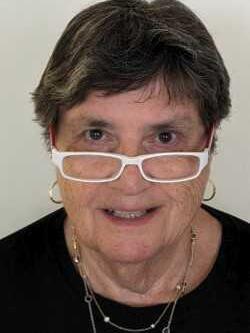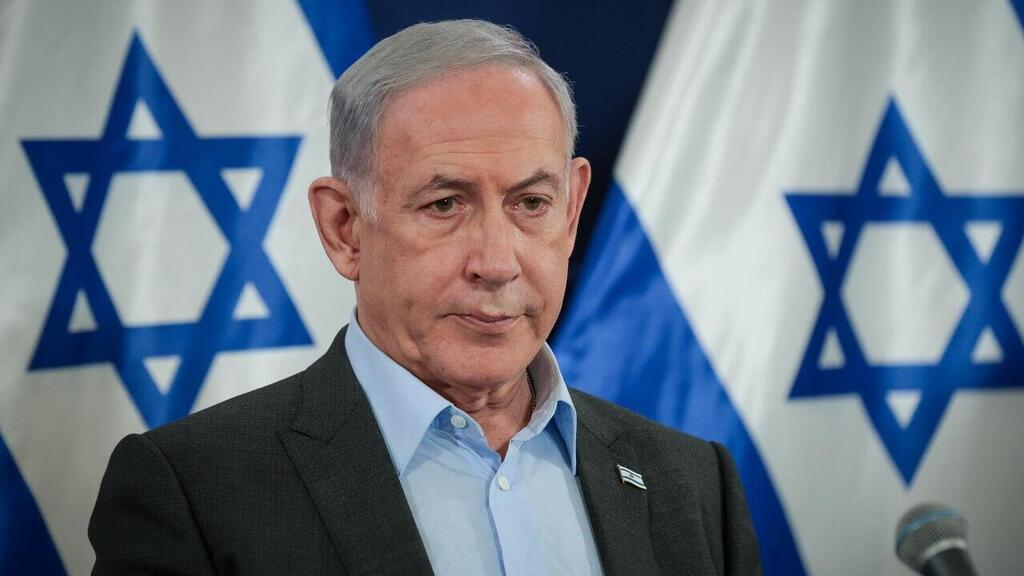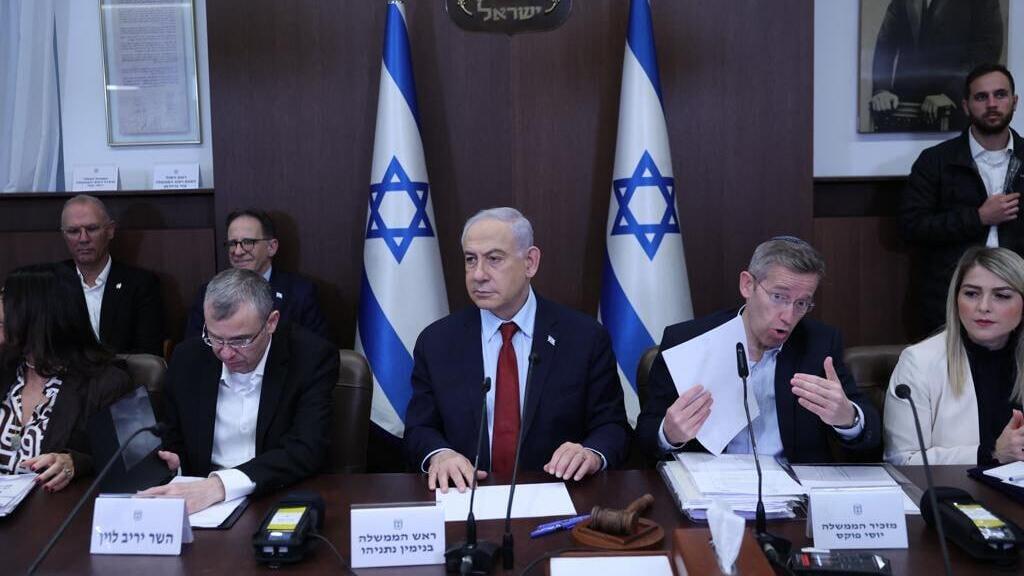Getting your Trinity Audio player ready...
Resistance to change is a well-researched human trait, and is currently evident among Israelis, who are barely familiar with life under a different prime minister
Read more:
This column will contain one question, two riddles, and a response to potential talkbacks. Let me begin with the question: who will replace Benjamin Netanyahu? It is impossible to count how many times I have heard: "After the war he will have to go, but I don't see anyone who can replace him." The question implies that the job requires unique and rare genes, or that it is a birthright, or that its subject is not an elected official who, while very senior, does not have tenure, and is employed by every one of us.
Resistance to change is a well-documented human trait. Who is not concerned when his doctor retires, or her bank branch closes? Even if we have grounds for criticism, we tend to remain loyal – it is not easy to change entrenched habits and leave our comfort zones, find substitutes and adjust to them.
And now for the first riddle: what do Abba Eban, Chaim Herzog, Yehuda Lankri and 15 others have in common? They were lsrael's ambassadors to the United Nations. In addition to interactions with colleagues and within the organization, whoever holds the position has another important task. Along with the Consul-General in New York, the ambassador represents Israel in the New York media. A persuasive ambassador who is adept at soundbites, looks good and is fluent in English can become famous. Despite the visibility, the operation is small – some half a dozen diplomats report to the ambassador. The modest budget, which is set in Jerusalem, is managed by the administrative officer.
Second riddle: what do Danny Ayalon, Tzipi Hotoveli, Tzachi Hanegbi and ten other individuals have in common? They served as Israel's deputy foreign minister. The minister is responsible for policy, the director-general implements it. And the deputy? He does what the minister is unwilling or unable to do. No minister will send a deputy to represent him at a vital cabinet meeting, and no delegations from abroad asks to meet with the deputy, but must compromise. Like an ambassador, he can initiate and recommend, but he does not decide.
 Tova Herzl
Tova HerzlAnd now, a bonus point to those who can connect between the riddles. Only one person, Benajmin Netanyahu, held both positions. Unlike his predecessors as prime minister, before he took on the position, he did not manage a large body, was not responsible for budgets, did not determine policy and was not required to make important decisions. Please check the records which David ben Gurion, Moshe Sharett, Levi Eshkol, Golda Meir, Yitzchak Rabin, Menachem Begin, Yitzchak Shamir and Shimon Peres brought to the job. And yes, they obviously also engaged in "politics" in the sense of scheming and alliance building. When Netanyahu was first elected to the position in 1996, aged 47, having defeated his rivals in the Likud party, the bulk of his public experience was as ambassador to the UN and as deputy foreign minister, visible positions which require much talking and demand little action, results or responsibility.
Whoever believes that Netanyahu was and remains a fitting prime minister, and is convinced that his function in the fields of security, diplomacy, economics and social cohesion is adequate or better, as is his personal conduct, will no doubt agree that his prior experience is a suitable foundation to become Israel's prime minister. In that case, he can be replaced by anyone with a comparable background. There are many worthwhile candidates to replace him, and his supporters (as well as his detractors) will understand that there is no reason to stick with him, of all people.
Some talkbacks will write that I should be ashamed, discussing this while Israel is waging a difficult war. Let me point out that the prime minister appears to have plenty of time, in the midst of a difficult war, for polls and intense efforts to preserve the coalition which will keep him in power. If he has no shame, surely a retiree with time on her hands is exempt.




